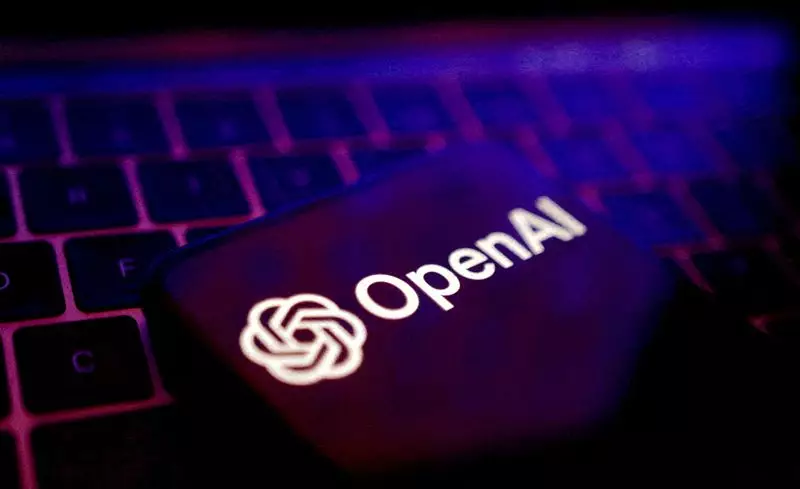OpenAI, the trailblazing artificial intelligence company, is on the verge of securing a massive $6.5 billion funding round that could redefine its corporate structure and operational strategies. According to inside sources, this financing is likely to be issued in the form of convertible notes, a decision that significantly signals the company’s growing need for capital as it furthers its ambitious goal of creating artificial general intelligence (AGI). At a valuation projected at a staggering $150 billion, the pathway forward is fraught with challenges, particularly concerning the existing profit cap that limits returns for early investors.
This funding round not only reflects a burgeoning investor interest in the AI sector but also encapsulates the shifting dynamics within OpenAI itself. Originally established as a non-profit entity dedicated to serving humanity through responsible AI development, the organization is now contemplating structural reforms that some stakeholders may view as a deviation from its foundational principles.
The core dilemma at hand lies in OpenAI’s shifting identity from a research-oriented non-profit to an aggressively commercial entity. Investors like Thrive Capital and Microsoft have historically driven substantial contributions to OpenAI’s development, but these arrangements come with strings attached. Removing the profit cap—a mechanism that was put in place to ensure responsible growth and deployment of AGI—would require a green light from OpenAI’s advisory board, a conditional shift that raises serious ethical questions about governance.
This board, which includes prominent figures such as CEO Sam Altman, bears the responsibility of overseeing such a monumental transition. Along with this internal debate, OpenAI is also exploring other corporate formations, such as transitioning to a for-profit benefit corporation, a structure embraced by competitors like Anthropic. The implications of such a move are profound; while it may facilitate greater financial attractivity, it also presents a potential compromise on the organization’s foundational mission.
Existing investors are faced with a troubling conundrum: the current capped returns limit their financial upside while simultaneously funding the expansive, costly aspirations of OpenAI. Initially, these returns were capped at 100x the initial investment, a figure that OpenAI has publicly suggested may be lower in future funding rounds. This presents a somewhat paradoxical scenario where early backers may feel the pressure of market expectations coupled with restrictive return policies.
Potential new entrants, like Nvidia and Apple, illustrate the magnetic appeal OpenAI holds for major players in technology; however, their involvement further complicates the funding landscape. If OpenAI’s restructuring fails and the company cannot lift these caps, it may need to renegotiate its valuation with investors—a complex dance that could result in lower conversion prices for existing shares, potentially alienating early advocates.
OpenAI’s statement regarding its original profit cap emphasizes a commitment to societal safety and sustainability over profit maximization. However, the inevitable friction between financial success and core ethical values presents a precarious balancing act. The pressure to deliver on investor expectations may cloud the organization’s long-term vision, particularly as the memory of its non-profit origins begins to fade. Moreover, as OpenAI transitions into a more market-driven entity, it must critically contemplate what this means for its overarching mission to develop AI in a manner beneficial to humanity.
In the era of rapid AI advancements, characterized by the capitalistic fervor of tech giants, it becomes increasingly essential for OpenAI to delineate its identity clearly. As we witness these transformations unfold, it stands as a vivid illustration of the complexities inherent in tech industry investments—a domain that continually fluctuates between innovative aspirations and commercial realities. The future course OpenAI chooses to embark upon will not only determine its continued success but may also influence the broader narrative surrounding ethical AI development in an increasingly profit-driven world.

